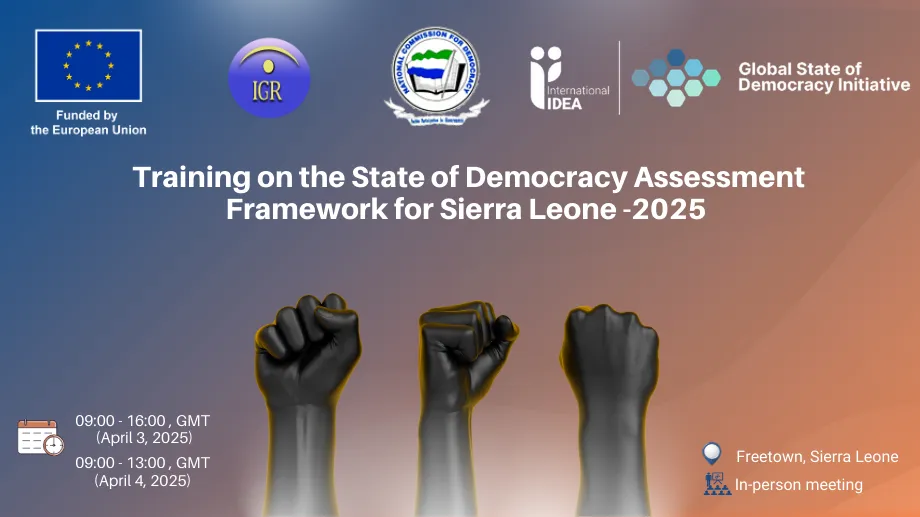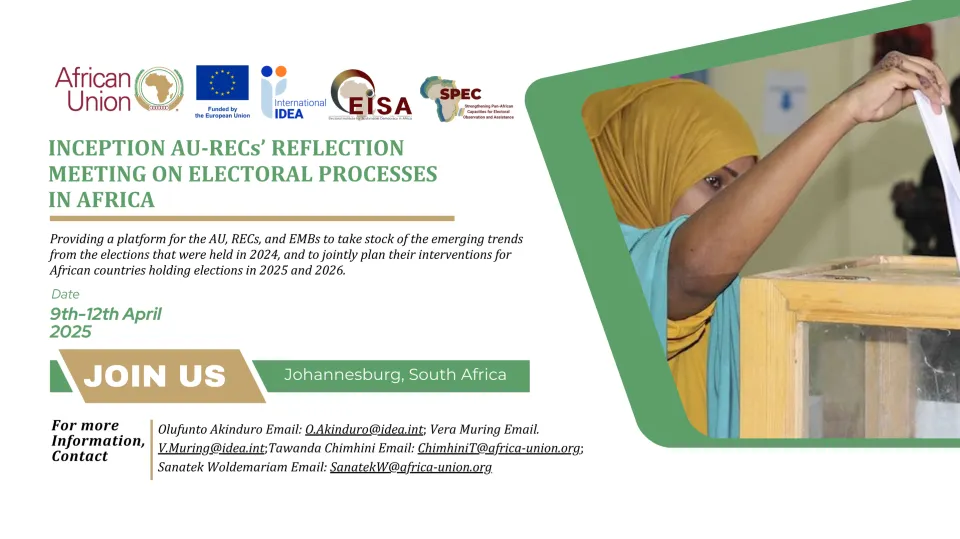Corporate Political Responsibility: The Weakest Link in Money in Politics?

Businesses are the most influential, best-resourced actors when it comes to the flow of money in politics. More than 70 of the largest economic entities in the world are companies, not countries. Corporate political activities such as campaign donations and lobbying have a substantive, at times, defining impact on the integrity and perceived fairness of policymaking and policy outcomes. International IDEA’s latest paper “Corporate Political Responsibility: Mobilizing the Private Sector for Political Integrity”, authored by Dr Dieter Zinnbauer at the Copenhagen Business School, highlights the growing mechanisms for the companies to align their publicly advertised sustainability ambitions and their political activities. The analysis of corporate political responsibility (CPR) provides a number of opportunities for policymakers to strengthen anti-corruption efforts and political integrity. For example, it is particularly relevant when discussing campaign finance regulations as corporate donations to political parties are permitted in over 70 per cent of countries in the world.
Este artículo está disponible en español.
Corporate social responsibility (CSR), a concept whereby companies integrate social and environmental values in their business operations and interactions with their stakeholders, has become an important part of business strategies in many countries. The growing trend is that companies are expected to integrate these values into any political activities, as well as within their operations. Therefore, more attention is now being paid to corporate political responsibility (CPR).
Three interlinked factors can be discerned that drive the rise of CPR: i) Globalized value chains and digitization require companies to invest more in corporate political activity as a core strategic business function; ii) Growing stakeholder capitalism highlights that more responsible business conduct is essential for society, but also good for the individual corporate bottom line; and iii) The ongoing climate crisis puts pressure on companies to become more environmentally friendly and conduct their corporate political activities in line with such sustainability objectives.
The paper shows that ongoing CPR dynamics offer prospects for advancing more transparent and responsible lobbying, more stringent and effective disclosure regimes, many more resources devoted to monitoring and enforcing good business conduct (e.g. through financial regulators and competition authorities) and avenues for more effective accountability via private and public litigation. For policymakers, the rise of CPR provides an opportunity to unlock great synergies between the public and private sectors in the fight against corruption. The paper puts forward a series of action points for consideration to mobilize the private sector for greater political integrity, including:
-
Requiring corporate governance regimes to fully recognize the role of corporate political responsibility and put in place commensurate expectations for internal governance, reporting, and accountability.
-
Strengthening CPR through mandatory public reporting initiatives, firmed-up rules against misleading advertising, and an expansion of reporting requirements to private markets.
-
Interlinking and triangulating data streams related to campaign finance, lobbying expenditure, and other corporate political activities data through harmonized reporting frameworks and common identifiers.
-
Enhancing transparency around lobbying registries and beneficial company ownership disclosure by expanding reporting requirements.
-
Mainstreaming corporate political responsibility across the business school curriculum.
Some of these action points are best harvested at the national level, attuned to the specific country context. There are also many opportunities to drive such activities at regional (e.g. EU) and international levels (e.g OGP, OECD, UN-PRME). For example, the upcoming review process of the OECD Principles for Transparency and Integrity in Lobbying provides an excellent platform for national policymakers, international organizations, civil society organizations, the private sector, and other stakeholders to mainstream CPR in the global anti-corruption debate. Moving forward, International IDEA will continue to expand its evidence base on the role of business interests in increasing accountability and transparency in the flow of money in politics. Such comparative data and analysis will pave the way to design a comprehensive regulatory framework in which business interests play a constructive role in strengthening political integrity and complementing existing anti-corruption measures.





